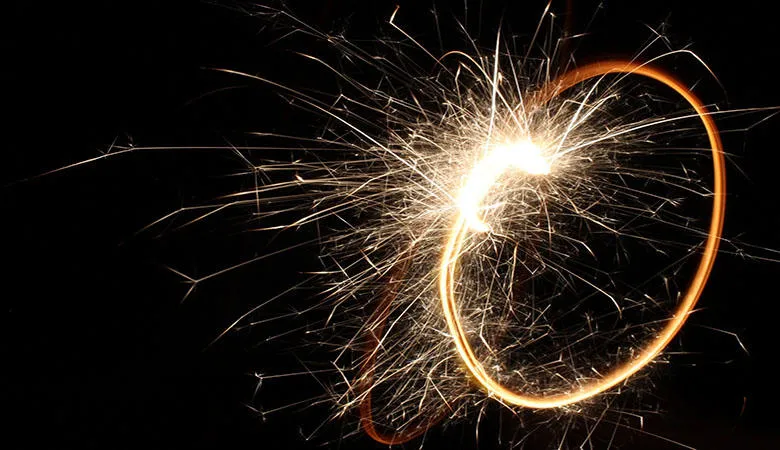19 January 2018
Dr Brooke Rogers receives an OBE
Dr Brooke Rogers, Reader in Risk & Terror has received an OBE in the New Year's Honours List, for 'services to academia and government'.

Dr Brooke Rogers, Reader in Risk & Terror in the Department of War Studies (School of Security Studies) has received an OBE in the New Year's Honours List, for 'services to academia and government'. Brooke spoke to us early in the New Year about what being awarded the OBE means to her; how her work to date has contributed to government policy-making and how she might continue with this work in the future.
How did you feel when you found out that you had been awarded an OBE?
"To be honest, I had trouble processing the letter and had to sit down in order to re-read it a few times when it first arrived. I work with amazing colleagues, many of whom I would expect to receive such an honour, but I did not expect to receive one myself. I am over the moon to receive this kind of recognition for undertaking the work that I love. It is also a ‘thank you’ to my husband, family, and friends for putting up with my long working hours over the years."
How did you obtain the award?
"My colleagues and I have undertaken extensive research to test theories developed in the academic worlds of risk, social and health psychology, and crowd behaviour in order to ascertain public and practitioner understandings and perceptions of extreme events, ranging from pandemic influenza, to chemical, biological, radiological, and nuclear incidents or attacks. Our research has informed local, national, and international organisations addressing the behavioural science aspects of extreme events. Our research findings have changed the landscape of emergency policy-making, planning and response."
"Disseminating our findings to policy and practice has been an important part of my career. I suspect that the award is a result of my efforts to bring about a greater understanding of the behavioural science aspects of emergency preparedness and response for government bodies over the years.
I have engaged with the public, government departments, critical national infrastructure industries, and emergency response organisations globally to ensure that policy and planning assumptions about public understanding, information needs, and intended responses to extreme events are grounded in evidence. I contribute to national and international advisory boards, including my current role as Chair of the Cabinet Office Behavioural Science Expert Group (BSEG) for the National Risk Assessment (NRA) and National Security Risk Assessment (NSRA).
How might you continue with this work?
"There is growing recognition of the importance of behavioural science in areas of policy and practice that have traditionally been informed by physical science or systems approaches. It is difficult to keep up with the demand for engagement. The BSEG will work with the Cabinet Office in order to help deliver the latest version of the NRA and NSRA over the coming months. The public facing version of our efforts can be seen in the National Risk Register.
"Additionally, I recently joined the Home Office Scientific Advisory Council (HOSAC), including the Behavioural Science Sub-group of HOSAC; and the Home Office for Security and Counter Terrorism (OSCT), Science, Technology, Analysis and Research (STAR) Programme Challenge Board. "
"My colleagues and I are busy shaping the next generation of researchers interested in improving emergency preparedness and response through a variety of projects and research efforts such as our National Institute for Health Research funded Health Protection Research Unit in Emergency Preparedness and Response."

